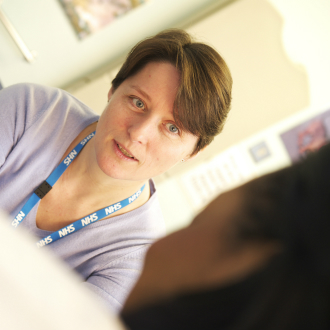Ombudsman advises GPs to apologise more

The parliamentary and health service ombudsman has recommended that GPs get better at apologising to patients when they complain.
The recommendation is one of five published in a new report on the handling of complaints against GPs, following an analysis by the ombudsman, which concluded one in 10 complaints are handled ’inadequately’ by practices.
The ombudsman reviewed 137 patients complaints about GP practices investigated by her own office, NHS England and the CQC, finding that although more than half of the cases were either good (46%) or outstanding, a third required improvement (36%) and a tenth were inadequate (10%).
In response, ombudsman Dame Julie Mellor’s report An Opportunity to Improve advises practices to:
- Do more to encourage a listening culture by encouraging patients to give feedback, and express concerns and complaints;
- Ensure practice staff have understanding of complaints regulations and guard against removing patients from their lists without following such regulations;
- Be professional and ensure patients are kept up to date with how their complaint is being processed;
- Apologise where appropriate and be open and honest when things go wrong;
- Learn from mistakes and share their experiences with other practices.
Dame Julie said that although, at 31%, the uphold rate for complaints against GPs is lower than for other parts of the NHS, ’it is still vital that GP practices are open to feedback and complaints, in order to bring all practices up to the level of the best’.
She said: ’GPs are under pressure and need support to deal with complaints. We are pleased that NHS England have committed to ensuring that all practices have staff who are trained to handle complaints, which is essential to provide a good public service.
’We also want CCGs, LMCs and NHS England to share lessons from complaints at a local level.’
CQC chief inspector of general practice Professor Steve Field said: ‘Patients have every right to feel listened to and reassured that what they report will be acted upon. This is what they deserve and what we look for on our inspections.’









